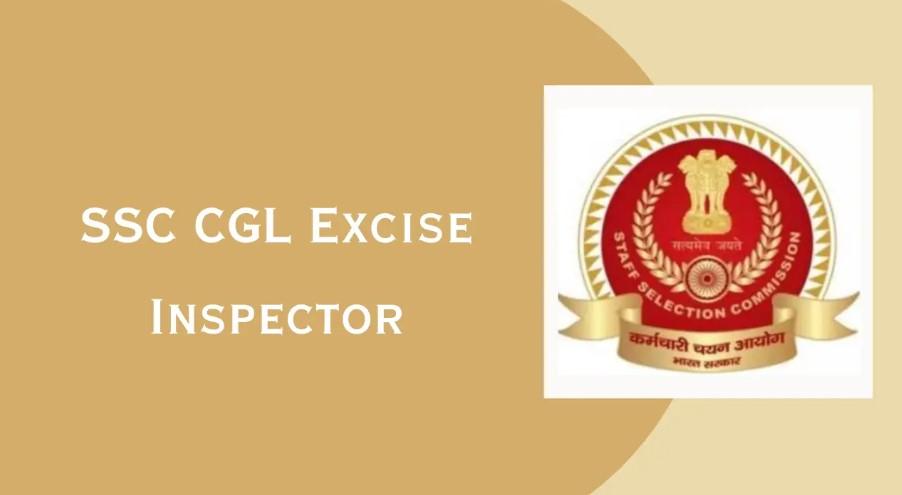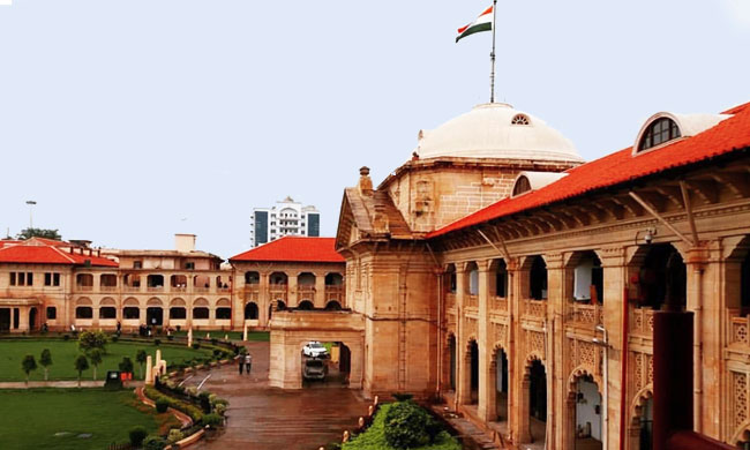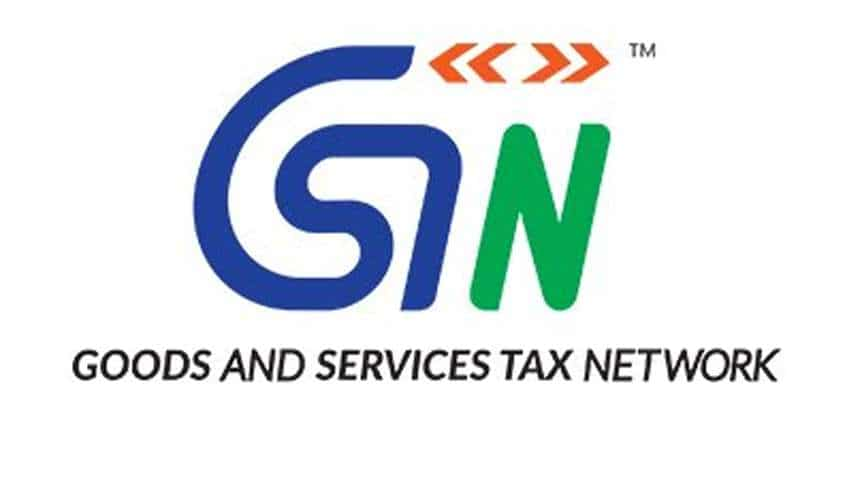The Hon’ble Calcutta High Court in the case of BBA Infrastructure Ltd. v. Senior Joint Commissioner of State Tax [MAT No. 1099 of 2023 dated December 13, 2023] dismissed the writ petition and held that, Section 16(1) of the Central Goods and Services Tax Act, 2017 (“the CGST Act”) is an enabling provision allowing Input Tax Credit and Section 16(4) of the CGST Act, imposing restriction on the filing belated returns for availing credit is valid in nature.

Facts:
BBA Infrastructure Ltd. (“the Petitioner”) was issued a Show Cause Notice dated October 28, 2020 by the Revenue Department (“the Respondent”) calling upon the Petitioner to explain as to why the Input Tax Credit (“ITC”) for the period from November, 2018 to March, 2019 should not be denied as returns for the FY 2018-2019 were filed beyond the statutory time limit that is October 29, 2019. The Respondent passed Order-in-Original directing the Petitioner to pay tax, penalty, and interest on the ground that the statute has laid out a fixed time frame within which a registered person can avail ITC. However, the Petitioner did not comply with the demand due to which the Respondent debited the amount from the electronic cash/credit ledger of the Petitioner.
Aggrieved, the Petitioner filed an appeal before the Respondent Appellate Authority. The Respondent Appellate Authority vide Order-in-Appeal dated January 4, 2023 (“the Impugned Order”) confirmed the order passed by the Respondent Adjudicating Authority, interalia, stating that, the CGST Act has set a time frame within which the Petitioner was entitled to avail and utilize ITC and the Petitioner by filing returns for availing ITC beyond the time limit is not entitled to avail ITC.

Aggrieved by the Impugned Order, the Petitioner filed a writ petition before the Hon’ble Calcutta High Court, thereby challenging the Impugned Order and directing the Respondent to refund the tax recovered from the Petitioner in excess of ten percent of the disputed amount to be deposited for filing the appeal.
The Petitioner contended that, the provision of Section 16(2) of the CGST Act has overriding effect on Section 16(4) of the CGST Act as evident from the words used in the CGST Act “entitled to take credit”. However, the Respondent contended that, the Petitioner is ineligible to avail ITC when the returns are filed beyond statutory time limit and has to reverse the ITC availed.
Issue:
Whether ITC can be availed by the Registered Person when returns are filed beyond statutory period stipulated under Section 16(4) of the CGST Act?
Held:
The Hon’ble Calcutta High Court in the case of MAT NO. 1099 OF 2023 held as under:
- Relying upon the judgement of the Hon’ble Supreme Court in the case of ALD Automotive Private Limited v. Assistant Commissioner and Ors. [Civil Appeal No. 10412-10413 of 2018 dated October 12, 2018] observed that, the conditions under which the concessions and benefit is given are always to be strictly construed and time under which a return is to be filed for the purpose of assessment of tax cannot be dependent on the will of the dealer. Therefore, the time limit prescribed under Section 19(11) of the Tamil Nadu VAT Act is mandatory in nature.
- Relying upon the judgement in the case of M/s. TVS Motor Company v. State of Tamil Nadu and Ors. [Civil Appeal No. 10560-10564 of 2018 dated October 12, 2018] taking into consideration the aforementioned judgement, further observed that, ITC is a form of concession provided under the CGST Act which cannot be availed as a matter of right but only as per the terms of the statute, therefore the conditions mentioned has to be fulfilled by the dealer.
- Further Observed that, the eligibility criteria prescribed under Section 16(2) of the CGST Act, are mandatory in nature, and in the absence of fulfillment of the eligibility criteria the dealer will not be entitled to avail ITC.
- Relying upon the judgement in the case of Tirumalakonda Plywoods v. Assistant Commissioner-State Tax [W.P. No. 24235 of 2022 dated July 18, 2023], further noted that, the similar issues in relation to the present case were taken into consideration by the Hon’ble Andhra Pradesh High Court, where the pari-materia provisions under the Andhra Pradesh GST Act, namely Section 16(4) of the CGST Act was challenged on the ground that, the said provision is violative of Article 14, 19(1)(g) and 300A of the Constitution of India. The central issue in the aforementioned case was whether Section 16(2) of the CGST Act, being non-obstante clause would prevail over Section 16(4) of the CGST Act.
- Further Noted that, Section 16(1) of the CGST Act is an enabling provision allowing Input Tax Credit and Section 16(2) of the CGST Act, imposes restriction on the credit which is otherwise allowed to the dealers who have satisfied the conditions prescribed in the said provision.
- Relying upon the judgement of Hon’ble Patna High Court in the case of Gobinda Construction v. Union of India and Others [CWJC No. 9108 of 2021 dated September 8, 2023] further noted that, there is no ambiguity in the language of Section 16 which clearly stipulates that the grant of ITC is subject to the condition stated in the CGST Act. Further it is stated that, provision under Section 16(4) is one of the conditions making the registered person eligible to avail ITC and is not violative of Article 300 A of the Constitution of India.
- Opined that, there is ground to grant the relief sought for by the Petitioner in the writ petition.
- Held that, the appeal as well as writ petition filed is dismissed.
But Don’t also forget that in case of

Tvl. Kavin HP Gas Gramin Vitrak v. The Commissioner of Commercial Taxes & Ors [W.P.(MD). Nos.7173 and 7174 of 2023 dated November 24, 2023] allowed the filing of belated returns for availing ITC in cases where the taxpayer was unable to file GSTR-3B when the registered person is not able to pay taxes on outward supply due to financial hardship.














